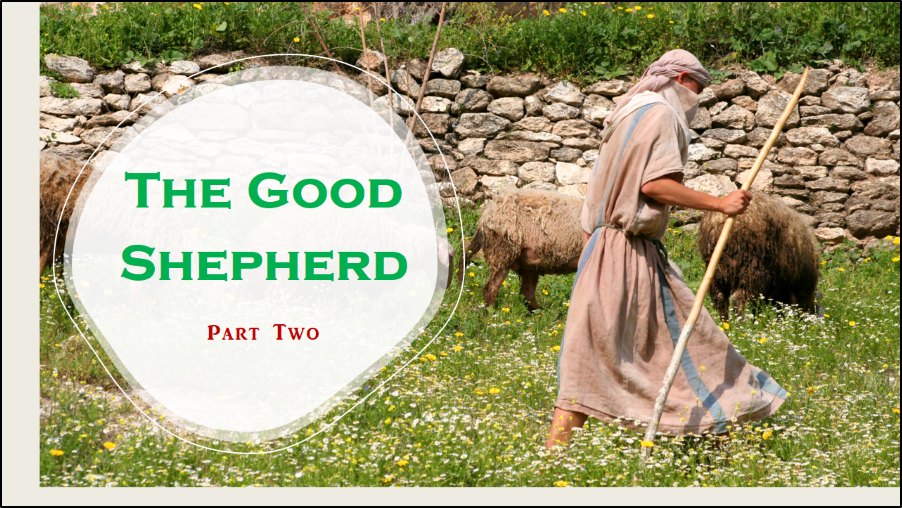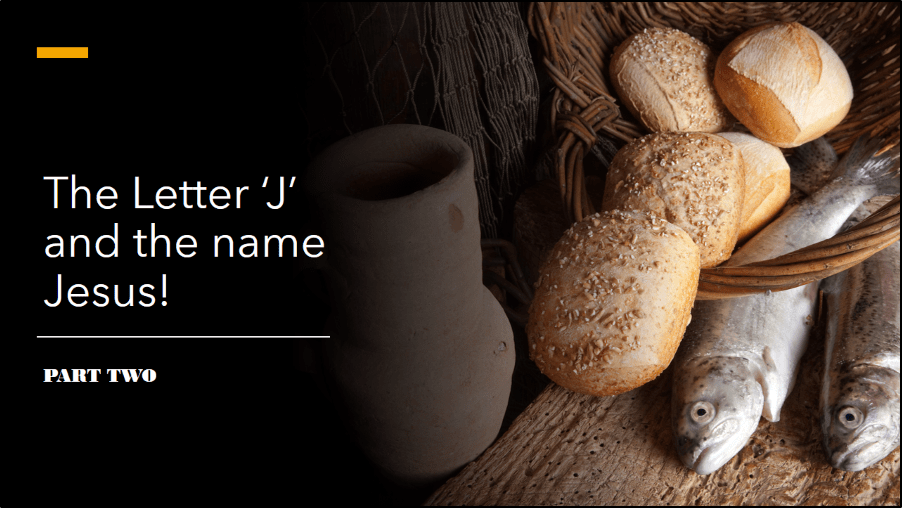Category: Uncategorized
The Book of Jasher – Part Two: The Life & Times of Abraham the Star! Chs. 8-26

In Part-Two of The Book of Jasher I discuss the life and times of Abraham. As with Part-One I compared versions of the Jasher texts with each other and then with the Bible. I also threw in a whole heap of other information as well. Jasher certainly had much to say about Abraham, his life, his loves, his enemies, and his wars. I do hope you enjoy reading this article as much as I did writing it 😊
Read MoreThe Book of Jasher ─ Part One: Adam to Nimrod the Mighty Hunter.

There are several references in the Bible to other texts that were not included in the Canon of Scripture. These texts are often referred to as the Non-Canonical Books or the Lost Books of the Bible. Whatever we choose to call them, we cannot deny that they continue to be of great interest to the curious bible scholar. One such text is the Book of Jasher. In the Bible, the Book of Jasher is cited in Joshua 10:12-13; 2 Samuel 1:18-27 and 2 Timothy 3:8 (as in Jannes and Jambres). In Hebrew, Jasher is referred to as the Sefer ha Yashar (Book of the Correct Record). In the LXX, Jasher is called the “Book of the Upright One.” And, in The Latin Vulgate, Jasher is called the “Book of the Just Ones.”
Read MoreThe Gospel of John: What did Jesus and others declare about his Messiahship & Is the Gospel of John anti-Semitic?

In this article I will list others like John the Baptist, who bore ‘Witness’ to who Jesus Christ of Nazareth was. I will include the ‘Witness’ of Jesus himself and the Father. I will answer questions that have plagued John’s Gospel, questions such as who really wrote the text? I will also discuss the perceived anti-Semitic undertones of John’s Gospel. And why I believe the author chose to use the term ‘The Jews’. I will also include the opinion of Geza Vermes a foremost Jewish Scholar and his take on the New Testament being anti-Semitic.
Hopefully, by the end of this article we can all gain a better understanding of this extraordinarily rich text; full of detail and from a time when the world was changed forever.
The Good Shepherd – Part Three

In this study I have been examining the meaning of the word, Shepherd, and its Function from a Hebraic perspective. I have been looking at what does a Shepherd do as opposed to what a Shepherd is. We looked at…
Read MoreThe Good Shepherd – Part Two

In Part Two of this series on The Good Shepherd, I discuss more about Joseph and the term given to him in the Hebrew Scriptures as the Ro’eh et (The Shepherd). This is because Joseph inherently had the heart of a Shepherd, something that set him apart from his brothers. For that, his brothers threw him in the Pit and tried to kill him. Genesis Rabba expounds on Joseph’s ordeal a bit more than the Hebrew Scriptures does.
To better understand the ancient concept of Shepherding, I also make references to ancient shepherding contracts. Such as ones discovered in The Mari Documents, unearthed in the Tel Hariri desert. I also divided Shepherds into categories such as Owner/Operator, Family Business and Hired-Shepherd to better appreciate responsibility and accountability at every level.
Jesus referred to himself as The Good Shepherd, and stated he did not lose any sheep, except one, so the scripture could be fulfilled. Jesus in turn left the responsibility for caring for his followers to his disciples and those that came after them. I likened those that labour in the Kingdom, God’s business as being like Hired-Shepherds. Which should conclude in Part Three with a better understanding of the function of Shepherds (Pastors) in the New Testament.
The Good Shepherd – Part One

I taught this series on The Good Shepherd in a Church in 2014. I decided to re-visit the series because I think the message is still a good one and still relevant to us today. I hope you enjoy and…
Read MoreUpdate: Am I okay?
For those inquiring if I am okay because I have not posted for a while — yes, I am okay! I have been working on several articles and they ended up becoming far more time consuming then I originally thought….
Read MoreZechariah Chapter 14 & Revelation Chapters 19─20: A Comparison.

“Also confirming Messianic expectations, Zechariah mentions the Feast of Tabernacles, there is no mention of The Feasts of Tabernacles in Revelation or no rain for those who do not attend the annual event. Paramount to Messianic expectations is the Temple and the return to the Sacrifice. In Revelation Ch.21:22 “There is NO Temple within, because the LORD GOD and the Lamb are the Temple within.” Revelation does not mention a return to Sacrifice and lastly there is no rejection of Canaanites in Revelation.”
Read MoreThe Letter ‘J’ and the name Jesus: Part Two.

As I mentioned in Part One of this series, I embarked on this study because of a Meme that has been making its way around the Internet. The Meme says, “Did you know? That the letter J is only…
Read MoreThe Letter ‘J’ and the name Jesus: Part One

Something to note is that Tyndale was influenced by Martin Luther, who was German.
German words beginning with ‘H’ and ‘J’ sounded like ‘Y’ in German and vice versa. Coincidently, it was about this time that we begin to see the ‘J’ used for the ‘Y’ sound in the Bible. ‘Y’ sound is the Hebraic sound, YHWH, Yehoshua, Yehuda etc. They were translated into ‘J’ words in the Tyndale Bible. Although Luther himself never used Jehovah which is a rendering of YHVH, he used LORD instead in his translation.
Just in case you did not know, JeHoVaH is YHVH with vowels in the Tyndale Bible. Suspicious, if you ask me, considering the proper pronunciation of YHVH which was only used by the Hebrew priest in Temple services once a year is lost. However, Tyndale took it upon himself to pronounce YHVH as JeHoVaH.
Although, Tyndale introduced us to the letter ‘J’ but not the ‘J’ sound. The ‘J’ sound was already in the English language.
Recent Comments